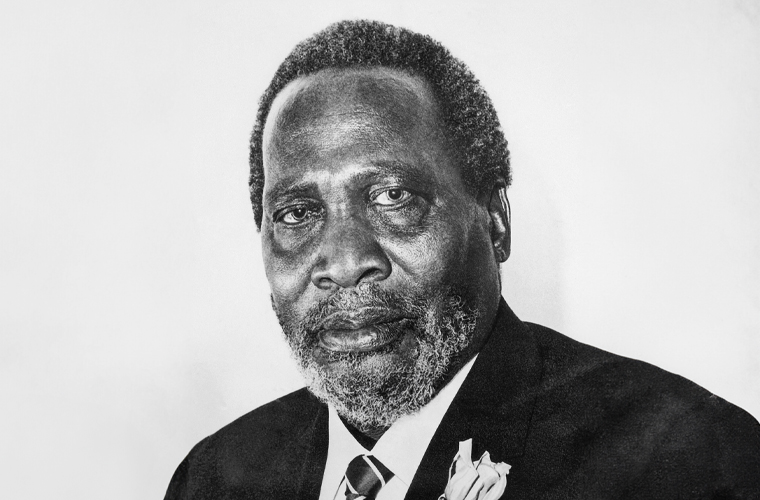Jomo Kenyatta (original name Kamau Ngengi) was a prominent figure in Kenyan history, playing a pivotal role in the country’s struggle for independence and subsequently serving as its first President. Born in 1897 in Gatundu, Kenya, Kenyatta’s early life was marked by exposure to the traditions and customs of his Kikuyu heritage. His experiences and education abroad would later shape his political beliefs and vision for an independent Kenya. Kenyatta’s journey into politics began with his involvement in the anti-colonial movement, where he advocated for the rights of the Kikuyu people and other ethnic groups in Kenya. His efforts to unify various factions under the banner of the Kenya African Union (KAU) laid the groundwork for a united front against colonial rule. Kenyatta’s leadership and persuasive oratory skills earned him widespread support and recognition as a key figure in the fight for independence.
Following years of activism and advocacy, Kenya finally gained independence from British colonial rule in 1963. Kenyatta’s pivotal role in the struggle positioned him as a natural choice for the country’s leadership. He assumed office as the Prime Minister and later became the President, guiding Kenya through its early years as an independent nation. As President, Kenyatta focused on nation-building and development, implementing policies aimed at fostering unity among Kenya’s diverse ethnic groups. His administration prioritized education, infrastructure, and economic growth, laying the foundation for Kenya’s progress in the years to come. Kenyatta’s leadership style was characterized by a strong sense of national pride and a commitment to Pan-Africanism, advocating for solidarity among African nations.
While Kenyatta’s tenure as President was marked by notable achievements, it also faced criticism and challenges. His government grappled with issues such as land reform, ethnic tensions, and economic disparities. Despite these challenges, Kenyatta’s legacy as a founding father of independent Kenya remains deeply ingrained in the country’s history and identity. Beyond his domestic impact, Kenyatta played a significant role on the international stage, fostering diplomatic relations with various countries and championing African unity. His influence extended beyond Kenya, earning him respect and recognition as a leader in the global arena.
Jomo Kenyatta’s enduring legacy is evident in modern-day Kenya, where his contributions to the nation’s history and development continue to be celebrated. His vision for a united and prosperous Kenya laid the groundwork for subsequent generations to build upon, shaping the country’s trajectory and identity.
In conclusion, Jomo Kenyatta’s indelible mark on Kenya’s history and his pivotal role in the struggle for independence has secured his place as a revered figure in the country’s narrative. His leadership, vision, and dedication to the ideals of freedom and unity have left an enduring legacy that continues to resonate with the people of Kenya and beyond.

